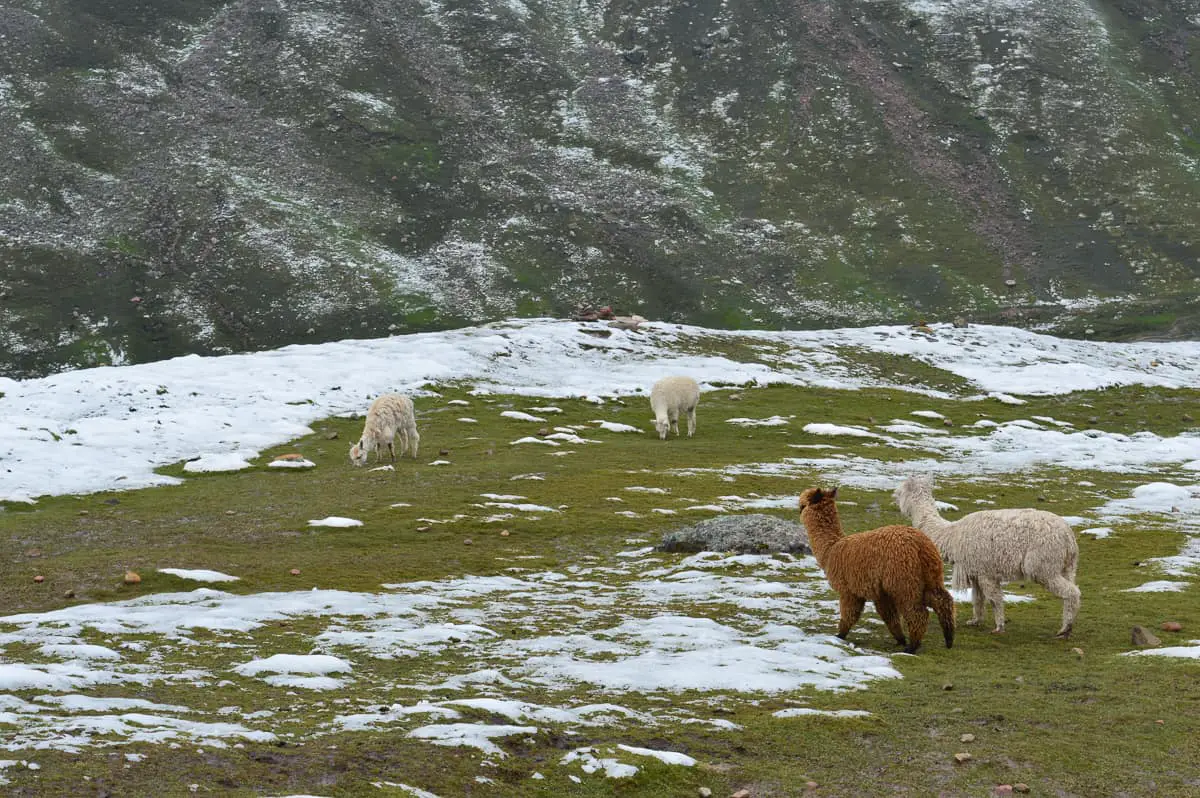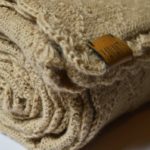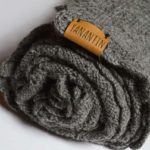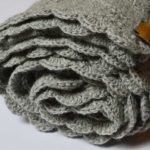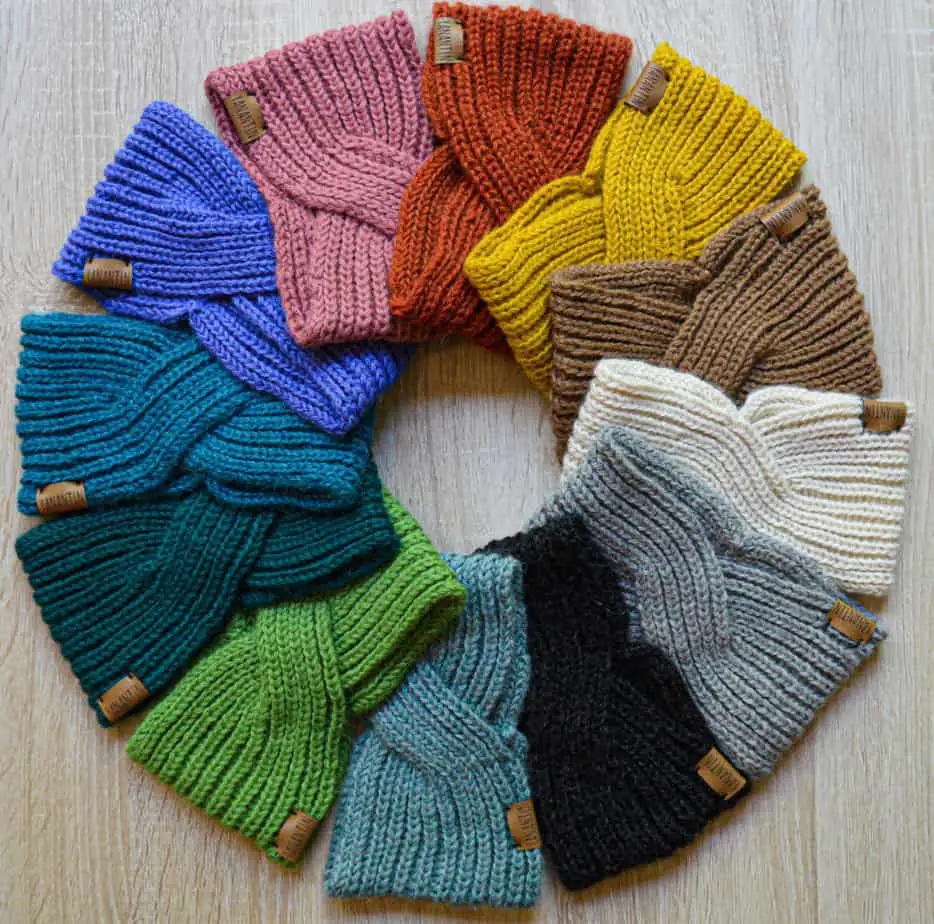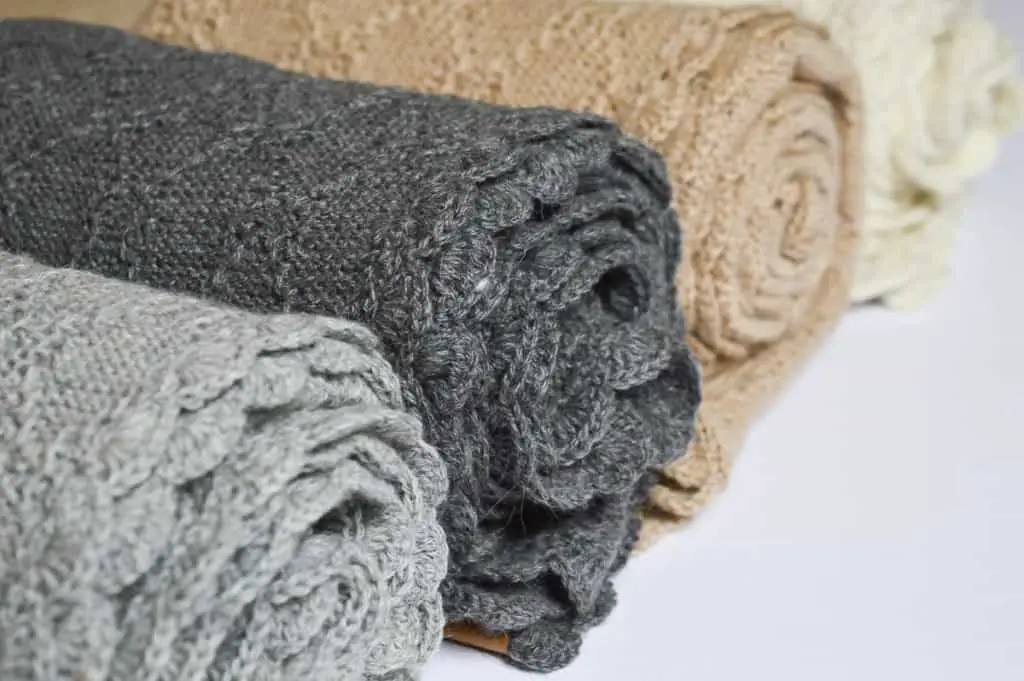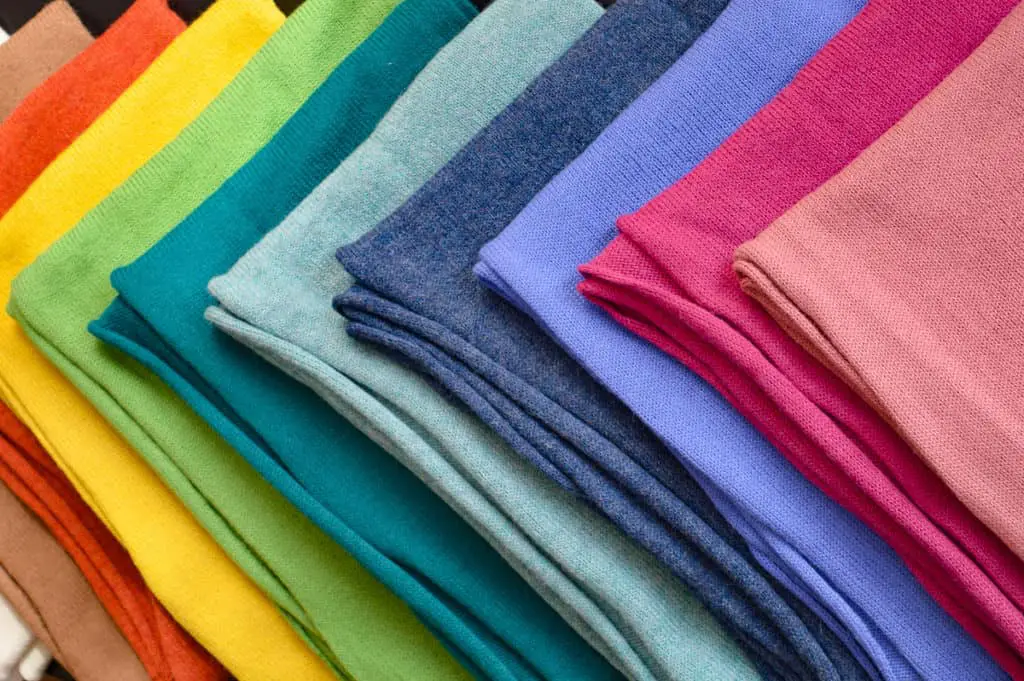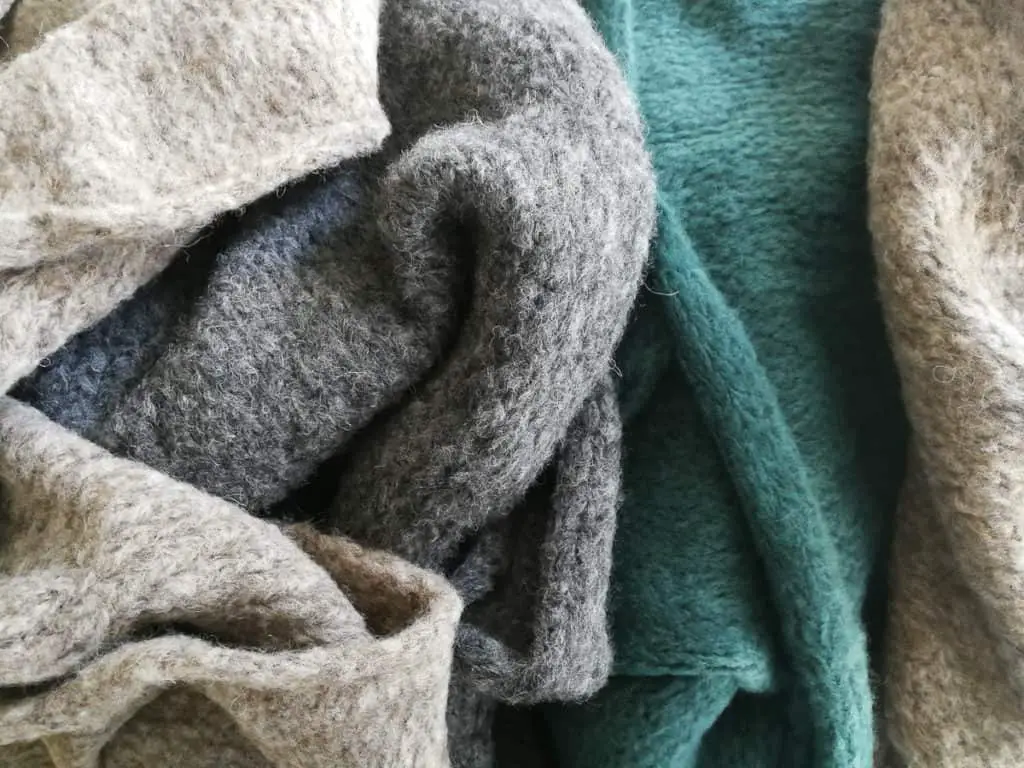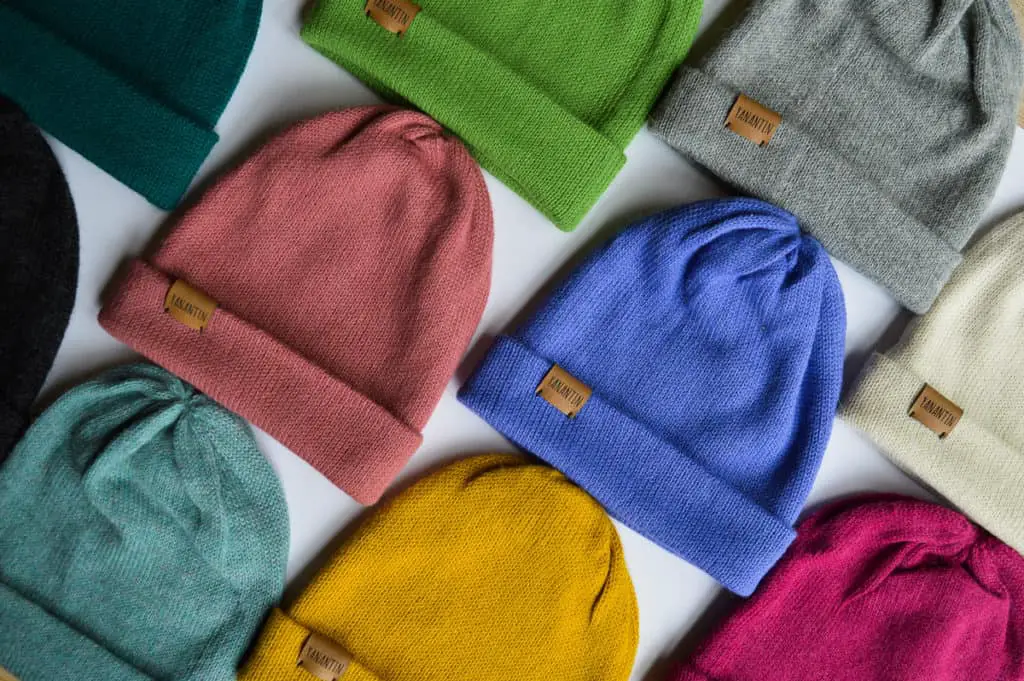Did you know that alpaca wool is wind resistant? That it doesn’t absorb any smells? That you could drop a glass of red wine on it without leaving a stain? Alpaca wool is a pretty amazing fiber and you might wonder what other great qualities it has.
buy isotretinoin online reviews Alpaca wool has a hollow fiber and a scale-like structure, making for a far more exclusive type of wool with special features. Here is a list of qualities attributed to alpaca wool:
- Ōno-hara durable
- elastic
- flame resistant
- hypoallergenic (allergy free)
- isolating
- itch-free
- lightweight
- natural colors
- resists odors
- soft
- stain resistant
- strong
- sustainable #1
- sustainable #2
- water repellent
- wind resistant
- wrinkle-free
Did you know that the ancient Incas used alpaca fiber to build bridges over dizzying heights in the Andean mountains? They for sure knew the quality of alpaca and cherished their animals with good reason.
1. Alpaca Wool Is Durable
Alpaca wool is known to be the strongest mammal fiber in the world. An item made with this type of wool will last a very, very long time. That is, of course, if taken care of accordingly. Alpaca woolen items will not lose its shine, its strength, nor its shape, over time if they are treated well.
Most types of wool will start showing some pesky pills after a while. This is caused by friction and you will often see it in the areas around the armpits and other moving parts of the body. Alpaca wool will not do this, which is another reason why alpaca wool will still look beautiful after years.
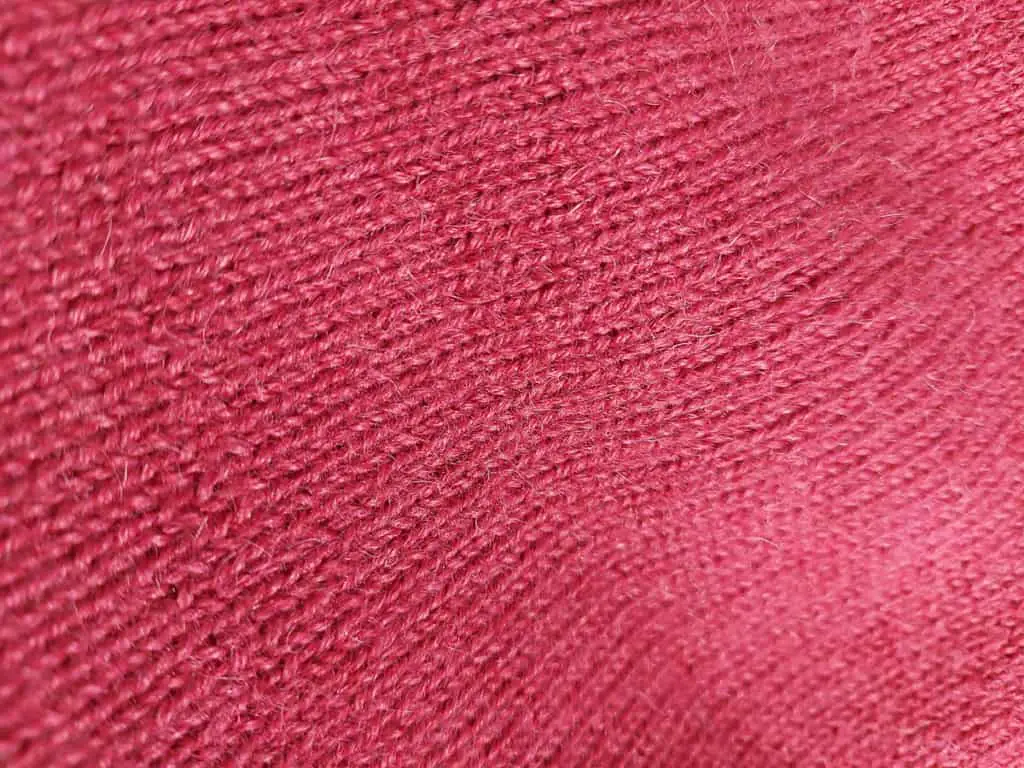
My 1-year-old alpaca woolen hat 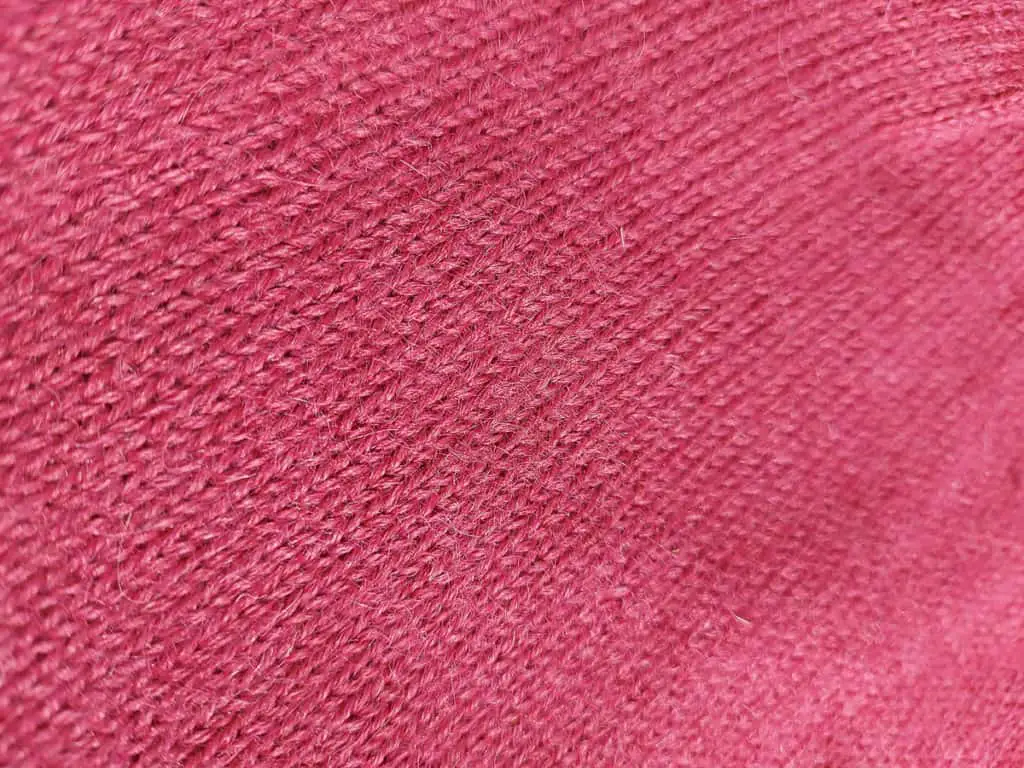
A brand new alpaca woolen hat
You will often hear people talk about an alpaca woolen sweater that belonged to their grandparents! Speaking of slow fashion…
2. Alpaca Wool Is Elastic
Alpaca wool isn’t just strong, it’s also elastic. This means that it will maintain its shape, even after years of wearing. Wool in general, and alpaca wool in particular, is known for maintaining its shape. Even if you were to steam an alpaca woolen product and form it in a different shape, it will be back to its original form in only a matter of minutes. Your favorite sweater can therefore be your favorite sweater for a very long time!
Check out this video that I made to see more about how that works:
When you wash alpaca wool, it is important to dry it laying on a flat surface. When you hang wet items, the weight actually will change the shape of a sweater or scarf.
3. Alpaca Wool Is Flame Resistant
According to Wild Hair Alpacas, the alpaca fiber is more flame resistant than other fibers. This means that it is very unlikely for alpaca wool to catch fire. In comparison, plant based or synthetic fibers are very highly flammable.
BEWARE: Eventually any type of fiber will catch fire, but if you accidentally pass too close to a candle, the piece will not immediately be eaten by flames.
Additionally, alpaca fiber will not melt onto your skin like synthetics do.
- I wrote a full article about this, click the link to read more about it: Is Alpaca Wool Fire-Resistant?
4. Alpaca Wool Is Hypoallergenic (Allergy Free)
Alpaca wool contains such minimal amounts of lanolin, that it is perfect for people with wool allergies.
Lanolin is the wax or natural oil that wool fibers normally contain. Given the oily texture of lanolin, it is easy for dust and other tiny allergens to get stuck in or on the fiber. So because alpaca wool doesn’t have much this, it will make for a perfect item for those with a lanolin allergy (or a wool allergy).
So, yes: pure, 100% alpaca wool is hypoallergenic and suitable for people with wool allergies.
Read more about wool allergy in this Healthline article.
- Disclaimer: Always consult your doctor. This information does not replace medical advice.
5. Alpaca Wool Is Isolating and Insulating
Alpaca wool is both isolating and insulating. Isolating means that it keeps things out, like rain and sunbeams. Insulating means that it keeps things in: like heat and warmth.
Alpaca wool has a hollow fiber. This hollow fiber contains very small pockets of air. These little airbags trap the heat, keeping everything underneath it warm. This is how the body of an alpaca stays warm in cold weather. At the same time the hollow fiber provides a shelter that keeps rain and wind out.
The alpaca is protected in two ways: its thick coat of fur keeps it warm, while it also provides shelter for wind, rain, and the burning sun.
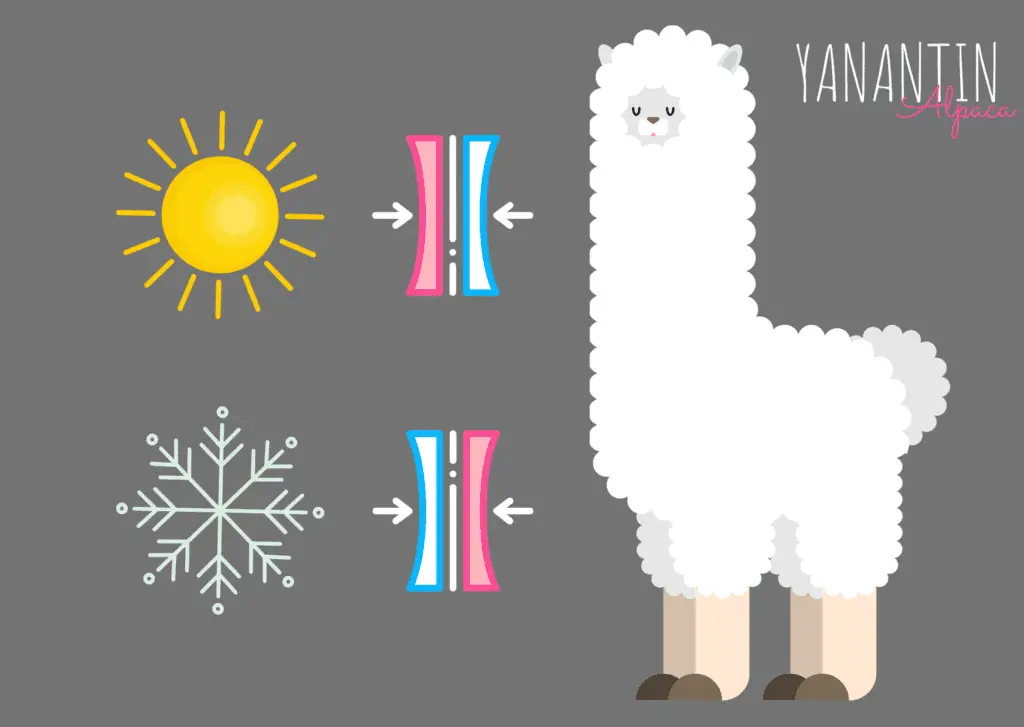
Just like for an alpaca, wearing products made with alpaca wool will have a similar effect: it is both isolating and insulating. It will adapt to your body temperature and keep you warm when it’s cold. At the same time it keeps the sun out while it’s hot, and the wind out when it’s cool. It’s perfect!
6. Alpaca Wool Is Itch-free
Soft, soft, oh-so-soft! Touching alpaca wool is like caressing hugs. It is super soft and feels great! Alpaca wool doesn’t doesn’t leave an itch. For most people, alpaca wool will feel as if it doesn’t have any itch at all.
Whether you will feel an itch from alpaca wool depends on how fine it is. The fineness is measured in microns, and according to Heddels, alpaca wool ranges from 15 to 40 microns. Anything above 30 microns will have an itch, so it is often regarded as lesser quality and not used in high quality products.
Baby alpaca is the first cut of an animal’s fleece and is, as you can imagine, the softest alpaca wool available.
Therefore, baby alpaca is perfect to use for your baby! I have this beautiful collection of incredibly soft baby alpaca woolen products. Check them out here!
Nevertheless, for people who have either a sensitive skin or those who are sensitive to the itch that so often comes with natural woolen products, it is still possible to feel a very subtle irritation when they wear, feel or touch the fiber.
Although alpaca wool is hypoallergenic, it is possible that you may still itch from it.
Read more about sensitive skin in this Healthline article.
- Disclaimer: Always consult your doctor. This information does not replace medical advice.
7. Alpaca Wool Is Lightweight
Blankets, scarves, sweaters… you’ll be surprised to see that anything made out of alpaca wool will be incredibly light, yet bulky… comfortable, yet easily transportable… small, yet super warm!
The hollow fiber of alpaca wool carries no weight because it is filled with air! This means that even though a piece might seem large or big, it will carry nothing but a lot of weightless air inside! An alpaca woolen item is therefore perfect to take with you wherever you go.
- I wrote another article about this in much more detail. You can read it here by clicking the link: Is Alpaca Wool Lighter than Sheep’s Wool? (And Other “Lightweight” Materials?)
Do you recognize those summer nights that tend to cool down unexpectedly? If you have an alpaca woolen scarf in your bag, you will be prepared for any change in weather you can think of! I definitely carry mine with me wherever I go!
8. Alpaca Wool Comes In Many Natural Colors
Alpaca wool is available in 22 natural colors. This means, natural colors without dying. Yes, there are 22 of them. From pitch black to pure white and everything in between. Who’d ever known there were so many different shades of grey, black, brown and white?

9. Alpaca Wool Resists Odors
Ever owned a pair of alpaca woolen socks? Did you ever dare to smell them? You’d expect that socks with insulating features would get kind of a bad smell… But the opposite is true for alpaca wool!
Alpaca woolen products (including socks) will not absorb any smells at all. The wool has a natural system of regulating the air, so no smells can stay trapped inside the fiber.
For example, wearing an alpaca woolen item next to a barbeque will not leave a bad smell on it. Even if a slight whiff of something might get caught into your sweater, it will be gone in a short period of time.
A little trick is to hang alpaca products in a foggy environment to get rid of smells.
10. Alpaca Wool Is Soft
Just looking at an alpaca and you will immediately see that this little animal is going to be fluffy as fluffy can be!
Wool is measured in fiber diameter, which is measured in microns (read more about microns on Wikipedia), which indicates the diameter of the fiber. With that it gives you more information about the softness, too (smaller is generally softer).
| Category | Micron Count |
|---|---|
| Royal Alpaca | <18 microns |
| Super Fine Alpaca | <20 microns |
| Baby Alpaca | <23 microns |
| Fine Alpaca | <25 microns |
| Medium Alpaca | <30 microns |
| Strong Alpaca | >30 microns |
- Baby alpaca does not necessarily mean it comes from an alpaca baby! Read more about what baby alpaca is in this article I wrote: What Is Baby Alpaca?
11. Alpaca Wool Is Stain Resistant
Just like water and rain, any type of stain will be repelled by the alpaca fiber. You can even spill a glass of red wine without a trace! Of course, if you leave it on too long, the fiber will eventually absorb it and leave an unerasable mark. For most stains, however, you should be able to wick away the liquid before it can cause a stain.
Check out this MIND-BLOWING video of me very accidentally spilling my wine…
12. Alpaca Wool Is Strong
The alpaca fiber is known to be one of the strongest mammal fiber on Earth.
The strength of alpaca yarn is fortified by twisting the strings of hair together. Thanks to the length of the alpaca fibers, the individual hairs interlock very well, producing thus a strong yarn.
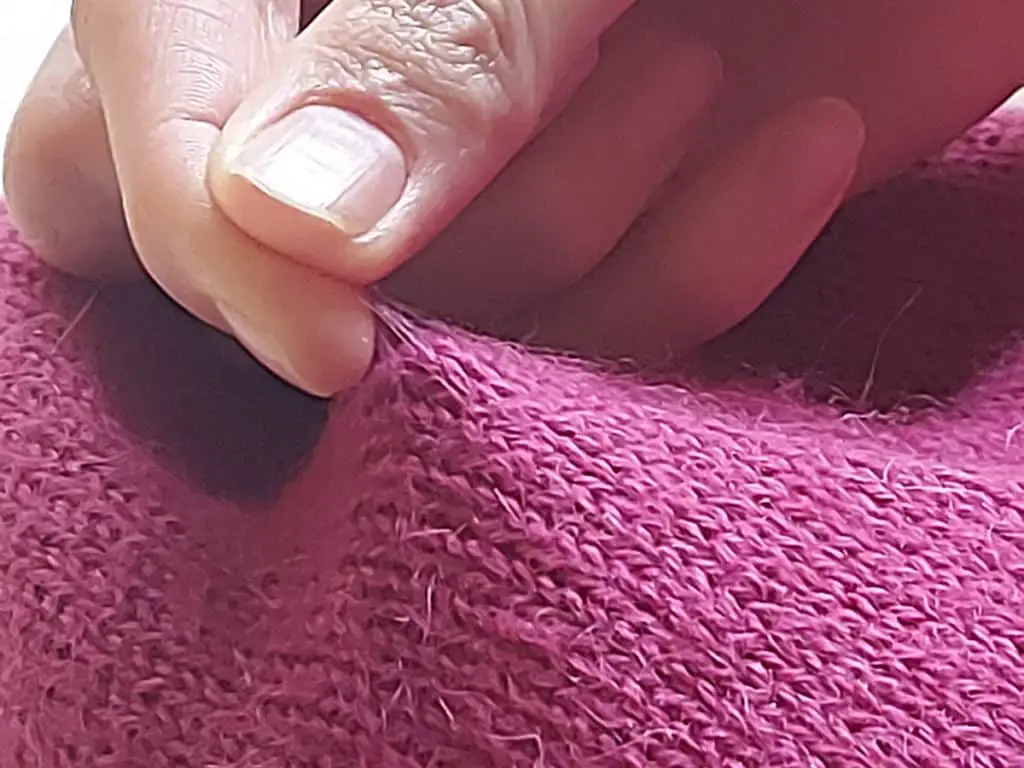
This is called torsion (or twisting) and is part of the process of making yarn out of alpaca fleece. Torsion (or twisting) is a delicate process, as too much of it will make the yarn lose its softness and become stiff.
13. Alpacas Environmentally Friendly Animals
Alpaca wool is sustainable in two ways: to start with, the alpaca itself is a very environmentally friendly animal.
They eat the grass and plants that they will find in their habitat. When they eat, they don’t pull out the roots of the grass, leaving the land they graze on in perfect condition behind them.
Additionally, they don’t have hard hooves, but a soft footbed that leaves no trace.
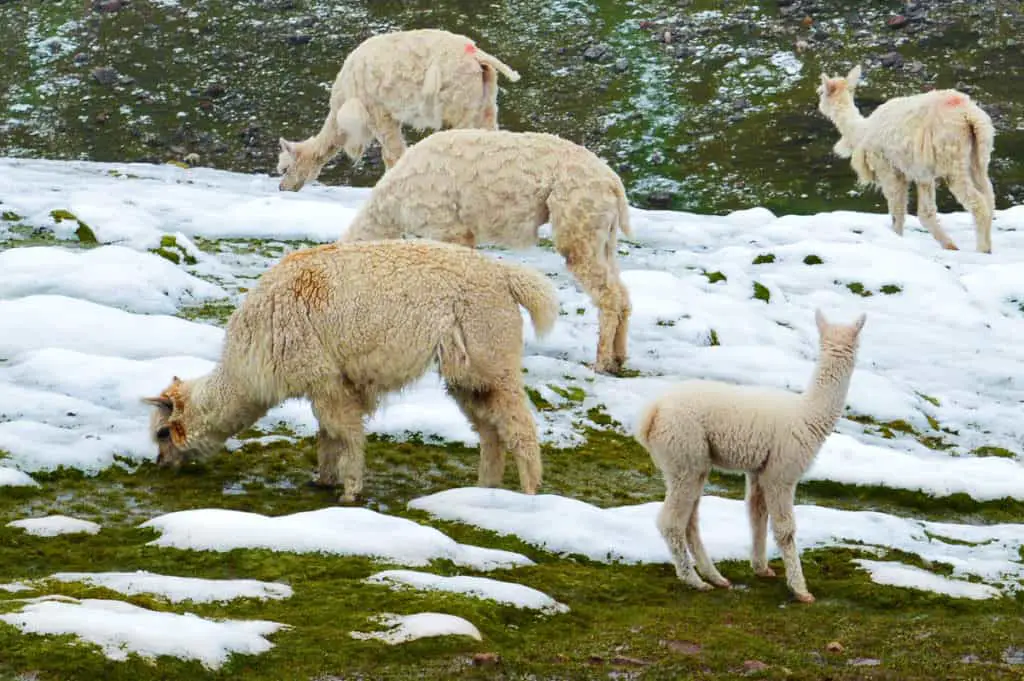
14. Alpaca Wool Is a Sustainable Material
On top of that, all parts of the alpaca fiber are natural and biodegradable.
Alpaca wool is also environmentally friendly because it lasts and needs very little maintenance.
It lasts a lifetime, it doesn’t stain, it doesn’t absorb any smells… You understand by now that alpaca wool barely needs to be washed! And that is a great advantage for our world as washing machine are a great burden on the environment.
Besides, you don’t really want to wash alpaca anyways… Because if there is any downside to alpaca yarn, it is that washing it is a delicate job. Good thing that you won’t need to do it anytime often, if at all.
A simple “airing” of your item will often be enough to remove any smells. Cold, running water will suffice if you need to “wash out” a stain. It is basically a piece of clothing that will never need to be washed. Ever. Can it get any better?!
- More tips on how to make your alpaca woolen garment last? Click the link >>> Alpaca Products: 17 Ways to Keep Them Looking Good as New
15. Alpaca Wool Is Water Repellent
Let me be straightforward here and immediately confess that alpaca wool is not waterproof. If you leave the wool in a bucket of water, it will definitely be soaked.
However, alpaca wool is known to be super water repellent. This means that rain and any type of moist will be “wicked” away before it gets a chance to soak up the garment.
So, imagine you’re trapped in a downpour and all you have is your alpaca woolen blanket… It will definitely work to protect yourself from the rain on your way back inside. If you’re going out on a rainy day, you are definitely going to need something more waterproof than alpaca wool.

On top of that, if alpaca wool does get wet, it will dry rapidly. The science behind it? The hollow fiber (again!) traps the warmth inside and any water or moist that will get caught on the yarn will be evaporated.
16. Alpaca Wool Is Wind Resistant
The alpaca fiber is naturally windproof, making any scarf or sweater wind resistant (the structure of knitted and woven pieces will let some wind pass). And perfect for… Anything, really.
If an alpaca can use its hair to shut out the cold, sneering winds of the Andean highlands, we can rest assured that alpaca wool is a great natural windshield.
Especially items that are knitted with a fine stitch will shut every breeze (and gust) out. You may find that a loosely knitted items will let more wind come through because of its wider stitches.
Curious to find out more? I made a video about it that you can watch here:
While being wind resistant, you don’t need to worry about alpaca wool being suffocating or stifling, as the hollow fiber makes for a perfectly breathable piece.
17. Alpaca Wool Is Wrinkle-free
Speaking of the perfect item… Thanks to its natural silky texture, products made with alpaca yarn will not wrinkle. No matter how badly folded or crushed an item may be, by simply unfolding your item, it will unwrinkle without any further effort.
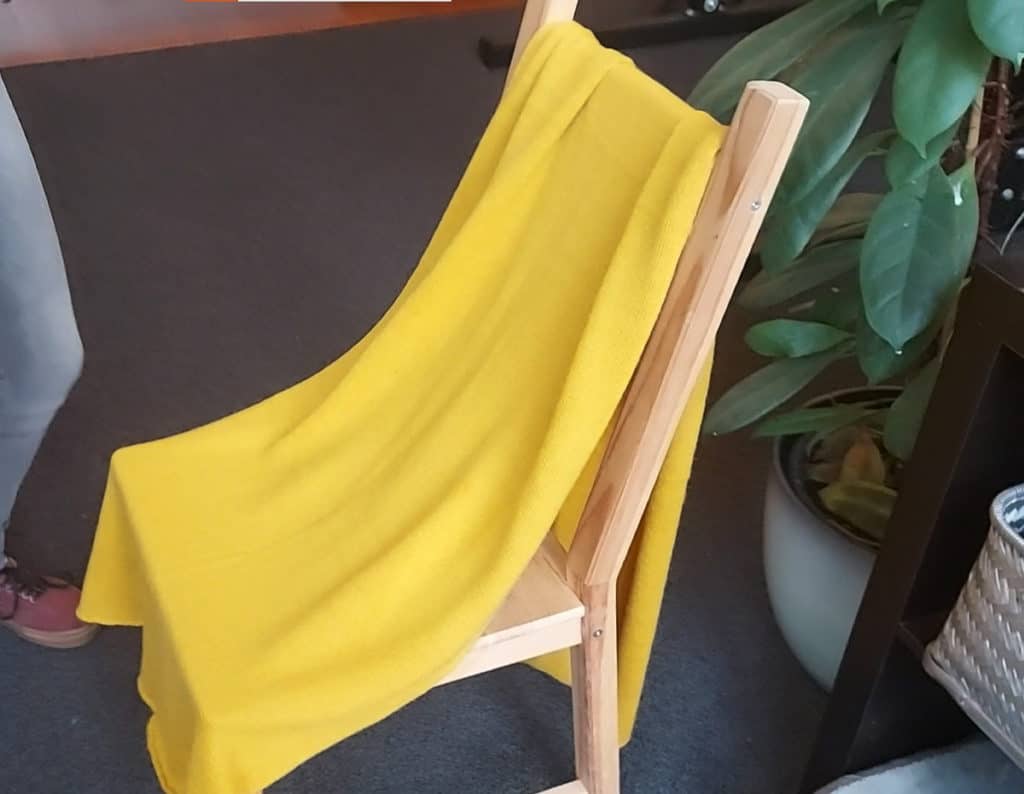
Planning to go travelling, soon? Alpaca wool is your perfect travel partner! Crammed in a backpack or always close in your hand luggage, you will have something warm and comfortable within reach and without fear of it being all wrinkled.
- Read more about why you want to bring an alpaca woolen garment with you on your trip: 8 Reasons Why Alpaca Wool Is GREAT For Traveling
Experience it for Yourself!
Don’t just believe me when I say alpaca wool is amazing. Try it for yourself and see if alpaca wool is right FOR YOU and YOUR sustainable wardrobe.
In fact, I have started my own brand of alpaca wool products, made to empower women in Bolivia. You can find all the products here:
What Is Unique About the Alpaca Fiber?
Imagine… You’re an alpaca and your habitat is an altiplano at 5000 meters above sea level (MASL). It often rains and there are strong, icy winds. When it doesn’t rain it gets pretty hot, but the wind still comes up too often.
You need something to keep you warm and keep the sun out at the same time. Something that can evaporate the rain drops off your hair. Something adaptable… light… a hollow fiber!
It is the answer to all of the alpaca’s deepest secrets: the hollow fiber.
The hollow fiber is what makes the alpaca fiber so unique. It also means that alpaca wool isn’t actually wool, but hair.
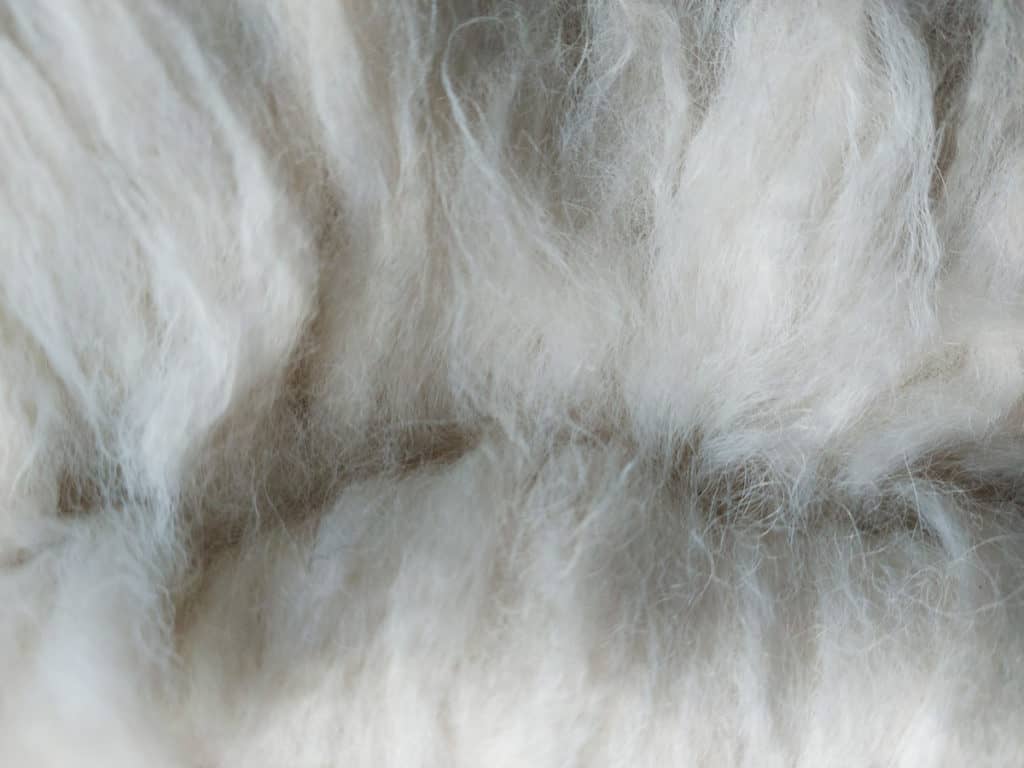
If you would put a strain of alpaca hair under a loupe, you would see tiny bags of air in it. These tiny bags trap the heat inside. Because of this, alpaca wool has much better qualities compared to other types of wool. Thanks to the hollow fiber, alpaca wool is insulating, light, and able to evaporate water.
What Is Special About the Scales on the Alpaca Fiber?
Another reason that explains why alpaca wool is so unique, is its scale-like texture. In this blog from Wild Hair Alpacas, they share test results from Yocum-McCall Testing Laboratories about the special texture of the fiber. In short, if you put an alpaca hair under a loupe again, you will see that they have miniscule scales on them.
The scales make the hair feel softer, that it doesn’t itch and doesn’t stain.
Another benefit of the scales on the fiber, is that it gives alpaca wool a glossy shine and a very limited possibilities of garments starting to pill and lose their looks. Luxurious!
Learn More About Alpaca Wool
Despite its softness, alpaca wool can still cause a little itch for those with very sensitive skin. On top of that, alpaca products can be more expensive than your typical, everyday sweater. Alpaca products, thanks to these qualities, may not match everyone’s budget.
Check out the full article I wrote about this topic:
What Are The Disadvantages of Alpaca Wool?
High quality requires high maintenance and washing alpaca woolen products takes great care. In general, hand wash and cold water will do the trick but washing is only sparingly recommended. Storing your items in protective cases during summer will also help keep items safe from moths.
Read more about how to take care of alpaca woolen products here: How Do You Wash Alpaca Woolen Items?


